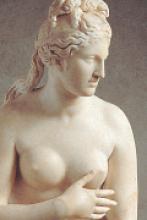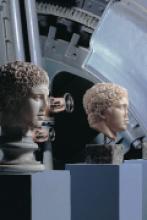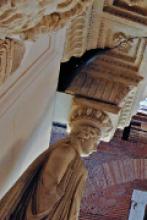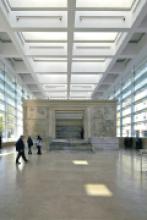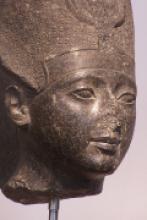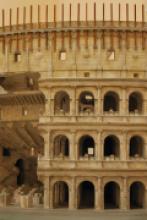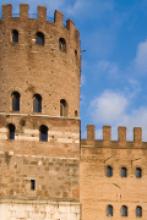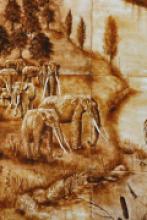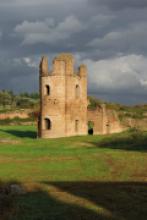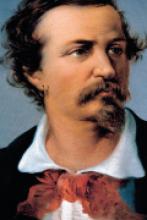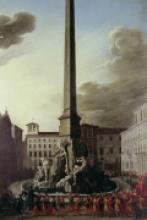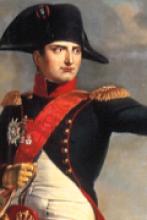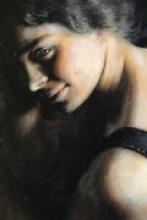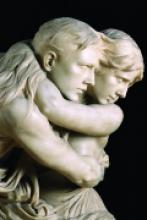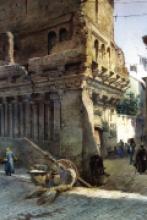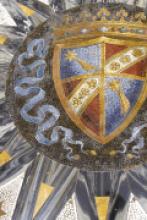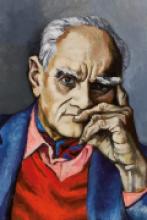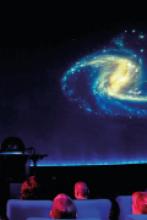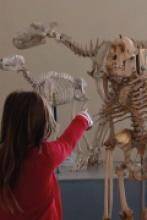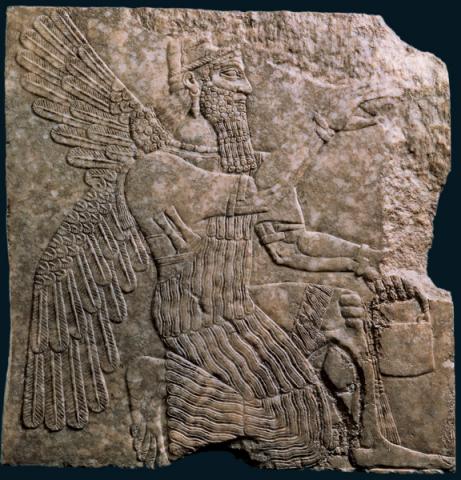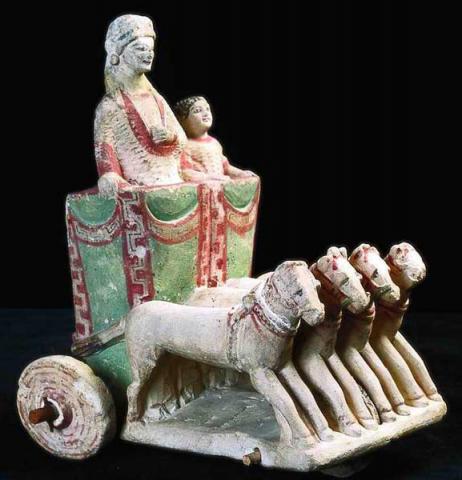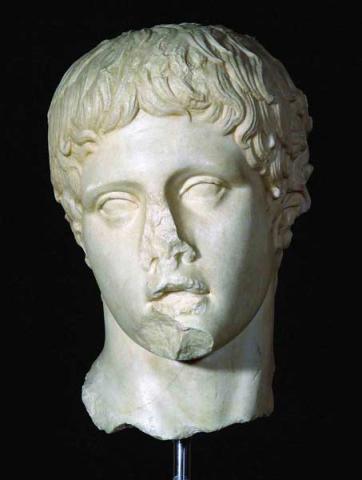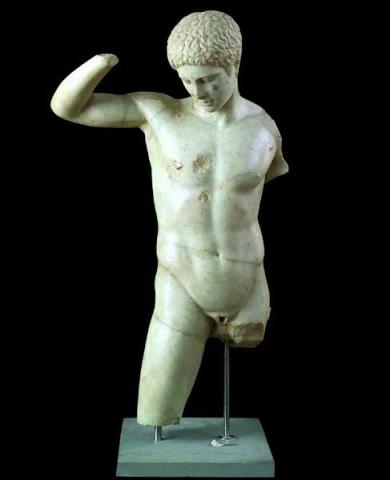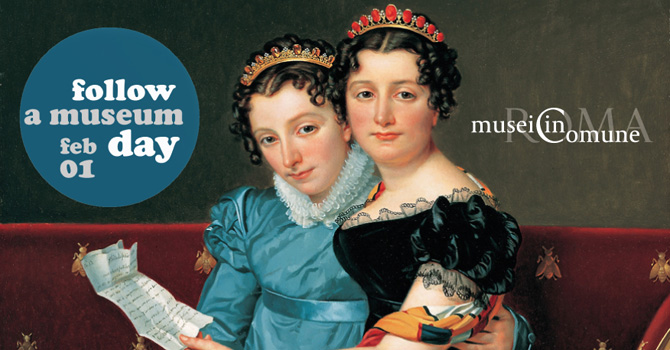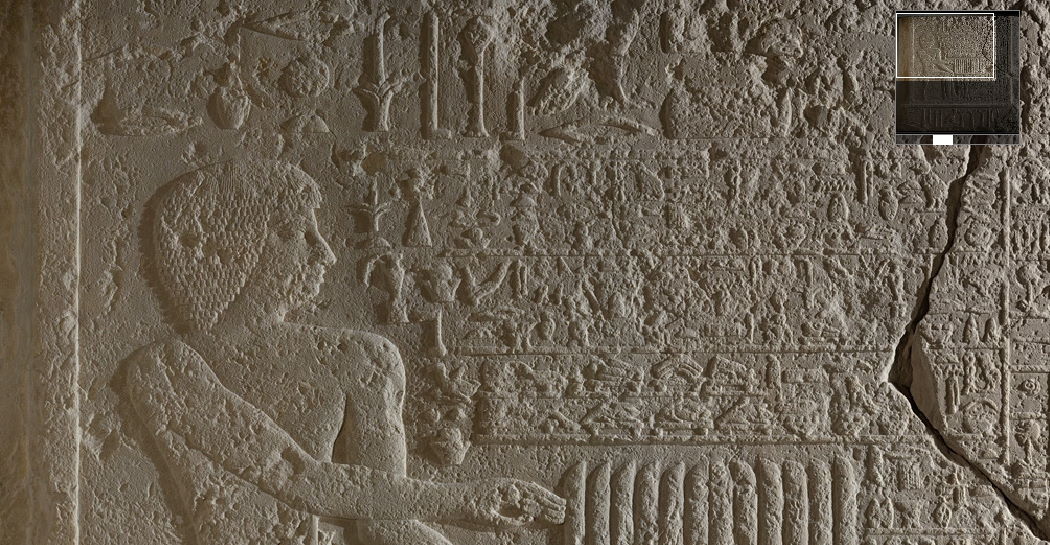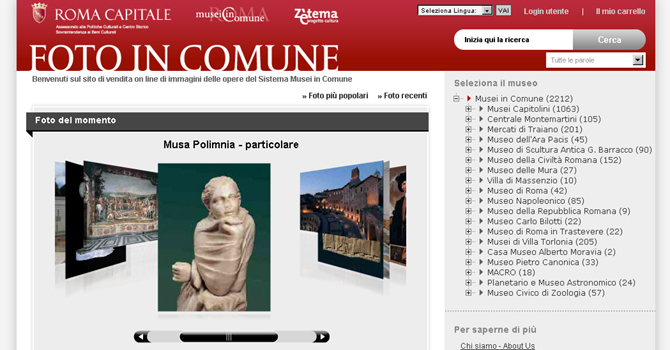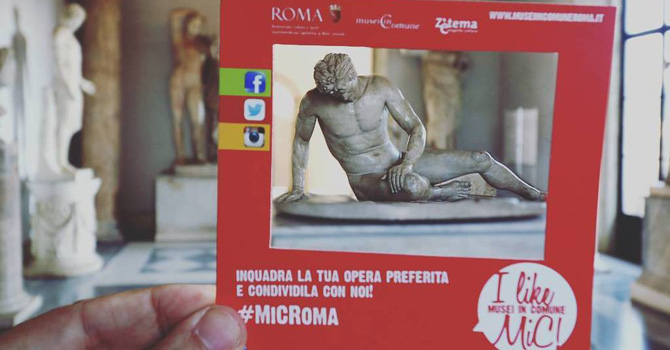Giovanni Barracco
Giovanni Barracco was born on April 28, 1829 in Isola Capo Rizzuto, in the Ionian Calabria, eighth of twelve children of a noble family of ancient origin.
The fortune of the Barracco family, whose history is closely connected to the Calabrian land, can be established in 1868 when family documents attest that their property had reached 30,000 hectares, covering a territory that ranged from Crotone, site of the eighteenth-century Palazzo Barracco, to the middle of the Sila Grande.
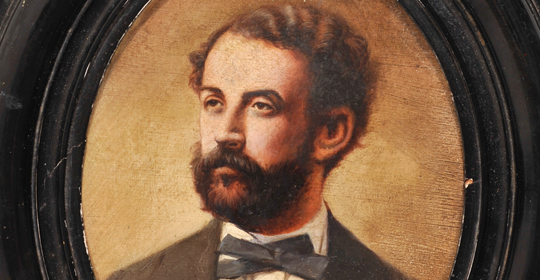
The family was considered to be the richest of the Kingdom of the Two Sicilies and his father was introduced to the Bourbon’s court, where he held honorary positions.
When his father died in 1849, Giovanni moved to Naples with his older brother who had established his residence in a sumptuous palace on via Monte di Dio. Now fully integrated in the Neapolitan aristocratic milieu, the family chose to champion, after the 1848 riots, the liberal ideals that animated the political landscape of the time. These were the years of the repression and the family decided the distance from the House of Bourbons: while the first-born Alfonso refused the title of Knight of the Order of St. Gennaro, Giovanni also refused the proposal of the young King Francis II for an honorary position at court and persuaded the family to finance with 10,000 ducats Garibaldi's march through Calabria
By then, Giovanni had started to frequent a circle of intellectuals who gathered around Leopold of Bourbon, brother of the King but inspired by liberal ideals. In this milieu of by artists and writers, he met Giuseppe Fiorelli, the great archaeologist who became director of the excavations of Pompeii and the Archaeological Museum of Naples. Their friendship, which lasted throughout his life, introduced him to archaeology and ancient art.
Barracco’s political commitment and his liberal ideas led him to take part to the organization of the Plebiscite and hold the position of alderman in Naples in 1860, while in 1861 he was elected to the first parliament of united Italy for the College of Crotone for the historical right. For this reason, he moved to Turin, then capital of the Kingdom, where he rediscovered his old passion for climbing and in 1863 with Quintino Sella climbed the Monviso and the Italian Alpine Club was born. Barracco was appointed to the commission that, at the suggestion of Cavour, conferred the title of king of Italy to Vittorio Emanuele II.
After a brief stay in Florence, when the capital of Italy was moved, Giovanni Barracco arrived in Rome and chose the city as his homeland. He was re-elected to the Chamber of Deputies for three legislatures, holding the office of quaestor and later of vice president of the Chamber. In 1869 Giovanni Lanza offered him the Ministry of Foreign Affairs, but he rejected it in favour of Emilio Visconti Venosta. In Parliament he became a member of the Budget Committee and speaker at the Foreign Committee, fought for the construction of the port of Crotone and, since 1875, was a member of the Commission that aimed at “preserving the city of Rome by the floods of the Tiber"
In 1886, upon the advice of Agostino Depretis, Barracco was appointed Senator of the Kingdom, also at the Senate he held the office of quaestor, dedicating part of his work to the restoration and beautification of Palazzo Madama, a commitment that he remembered in a book published in 1904. In these years he also took measures to preserve the artistic heritage: in 1888 he pleaded for the creation of the Archaeological Promenade and the adoption of the Law Coppino “for the preservation of monuments and objects of art and antiquities.” But he didn’t forget his Calabria: one of his memorable speech of 1906 dealt with the “measures in favour of Calabria after the earthquake of 1905."
At the end of his life, in 1911, gave one of his last major speech to the Senate: “for the full and entire sovereignty of the Kingdom of Italy in Tripoli and Cyrenaica”, inspired by his patriotism, and recalling the ancient and more recent Italian traditions for the African civilization. In the same year he took part to the inauguration of the Monument to Vittorio Emanuele II and the celebration of the fiftieth anniversary of the Kingdom of Italy: warmly welcomed by the entire Senate as the last living member of the commission that appointed Victor Emmanuel II as King of Italy.
Giovanni Barracco died on January 14, 1914.


